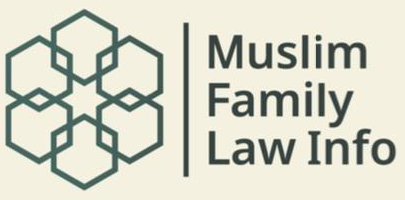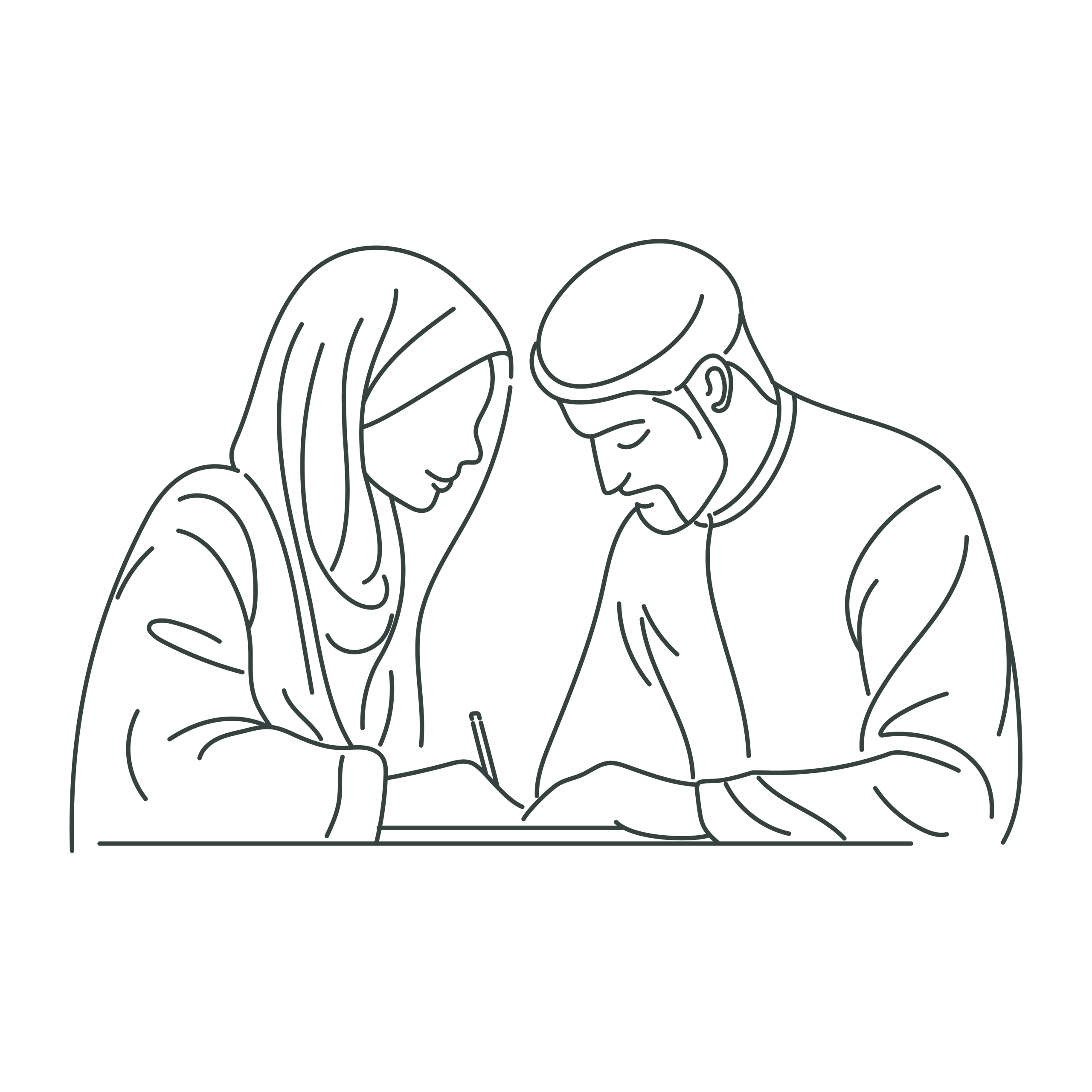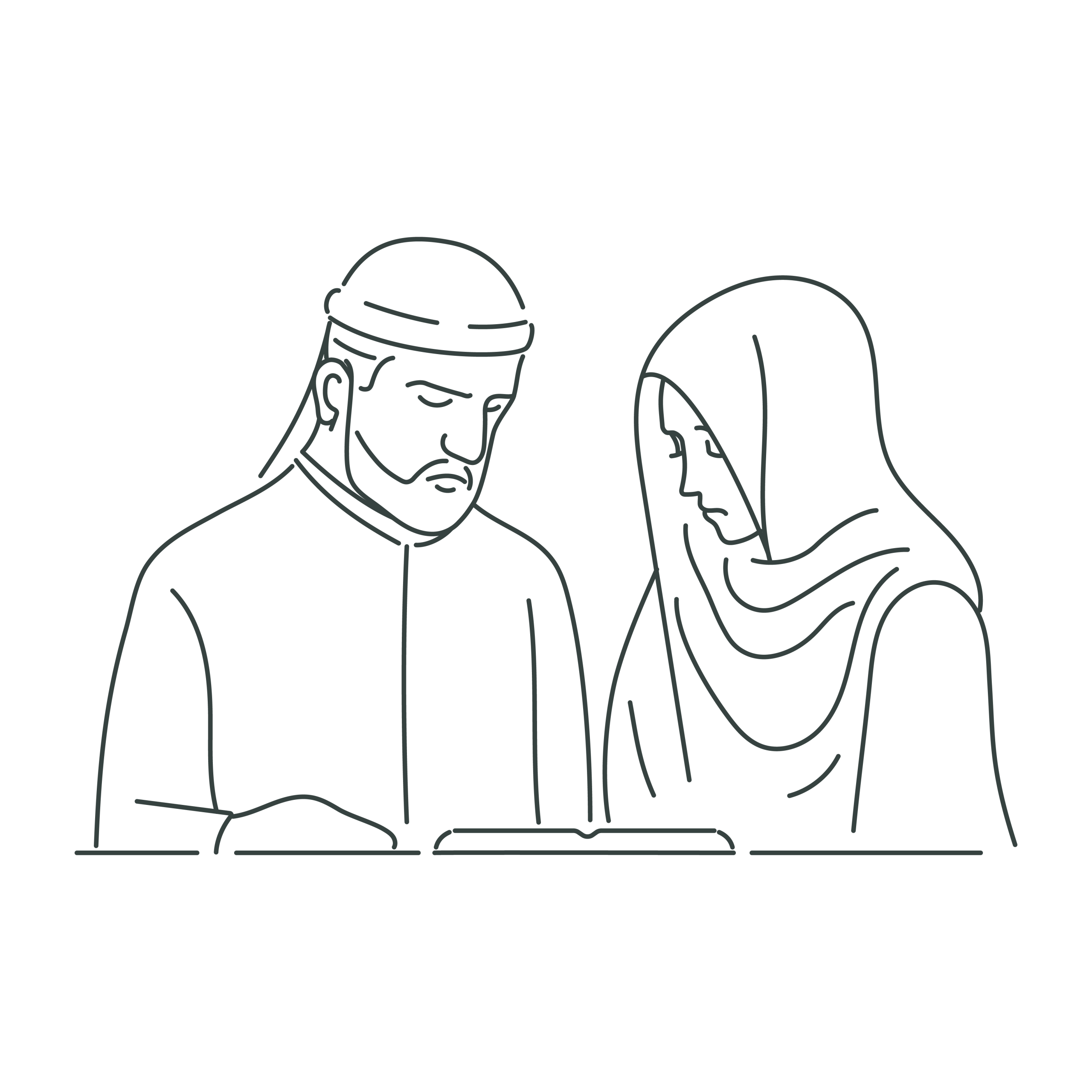Topics
We have compiled a list of frequently asked questions on legal and religious marriage and divorce. These are designed to help individuals understand the law and their rights, enabling them to make informed decisions
How do I legally marry in England & Wales
There are two ways to legally marry….
A Civil marriage ceremony
- Book a venue for the civil ceremony
- Book a Superintendant Registrar
- ‘Give notice’ of intent to marry at local register office
- Choose legal vows from approved list
- Choose two witnesses
- Sign the Marrieage Schedule at the ceremony
When Can I get a Civil Divorce?
At least one year after the wedding.
How do I apply?
- Visit: www.gov.uk/divorce
What do I need?
- Name and address of both parties
- Original marriage certificate (or certified translation)
- Proof of name chnage if applicable (e.g. marriage certificate / deed poll)
Muslim Religious Divorce
What are the types of Muslim divorce?
1. Talaq
Initiated by husband (but can be delegated to the wife through Talaq-e-Tafweed)
Talaq ar-Raj’i is revocable – so you can reconcile
Talaq al-Baa’in is irrevocable – you can’t reconcile and would need a new Nikah contract / ceremony
2. Faskh
Judicial divorce by application of the wife.
This might be a civil divorce application.
Both parties need not agree to the divorce.
3. Khul’
Initiated by the wife and may include returning the Mahr if no fault by the husband.
In all three, a Shariah Council or similar body can provide an Islamic divorce certificate.




